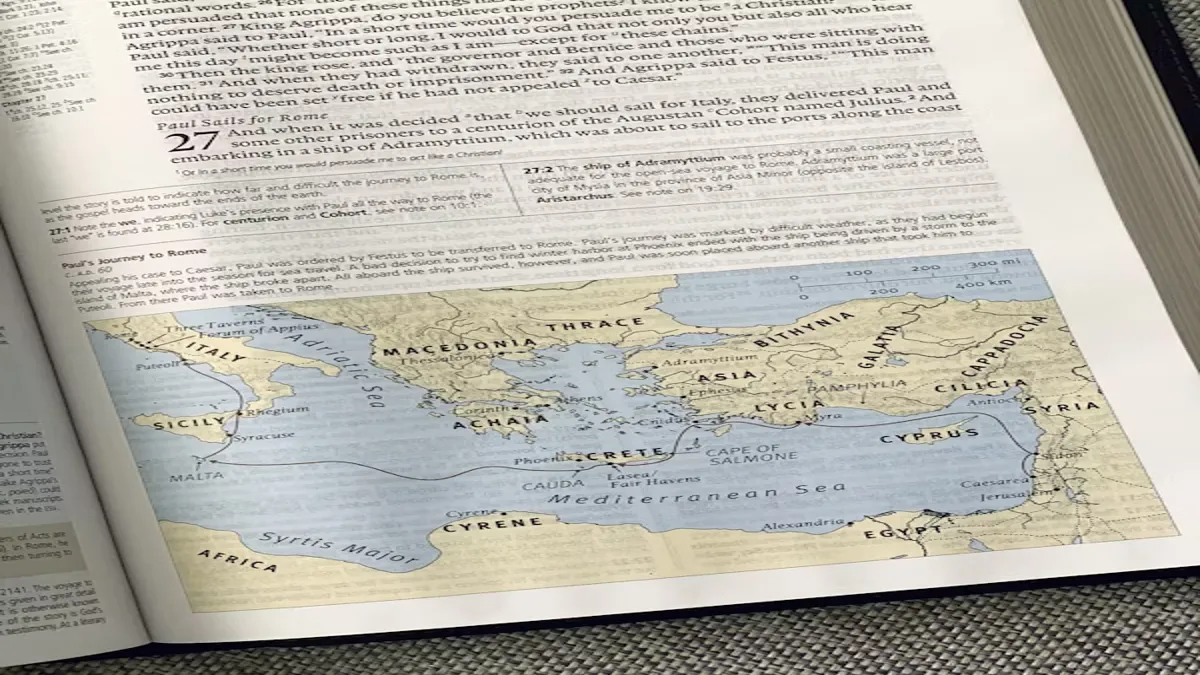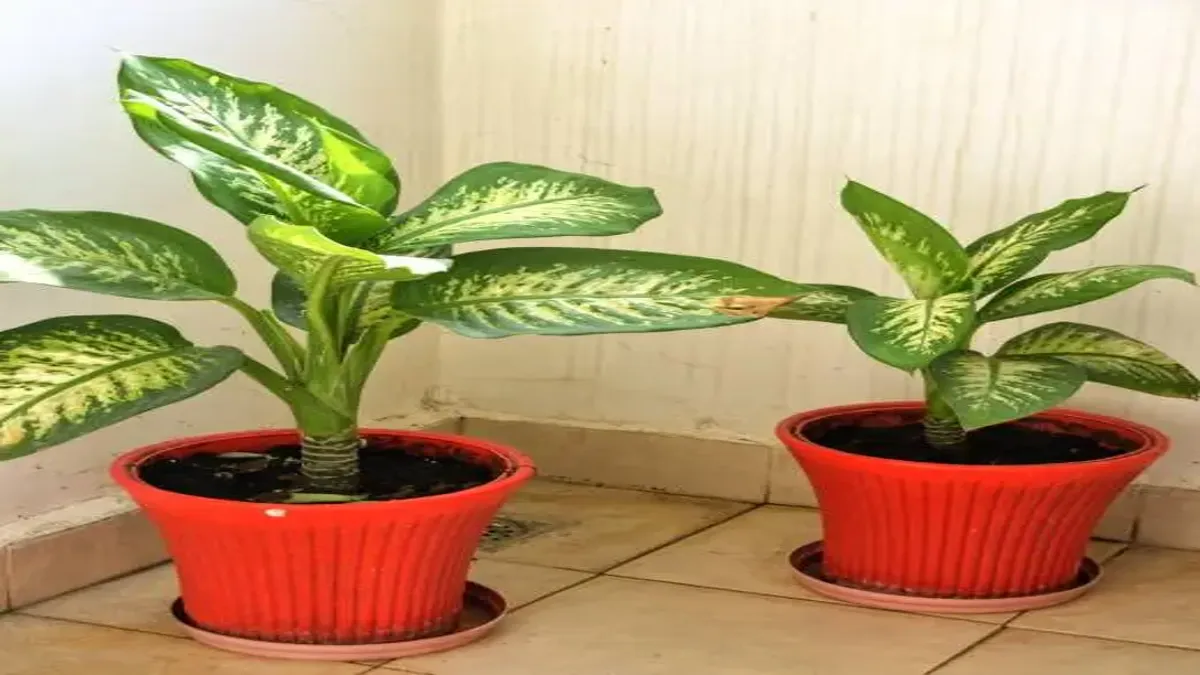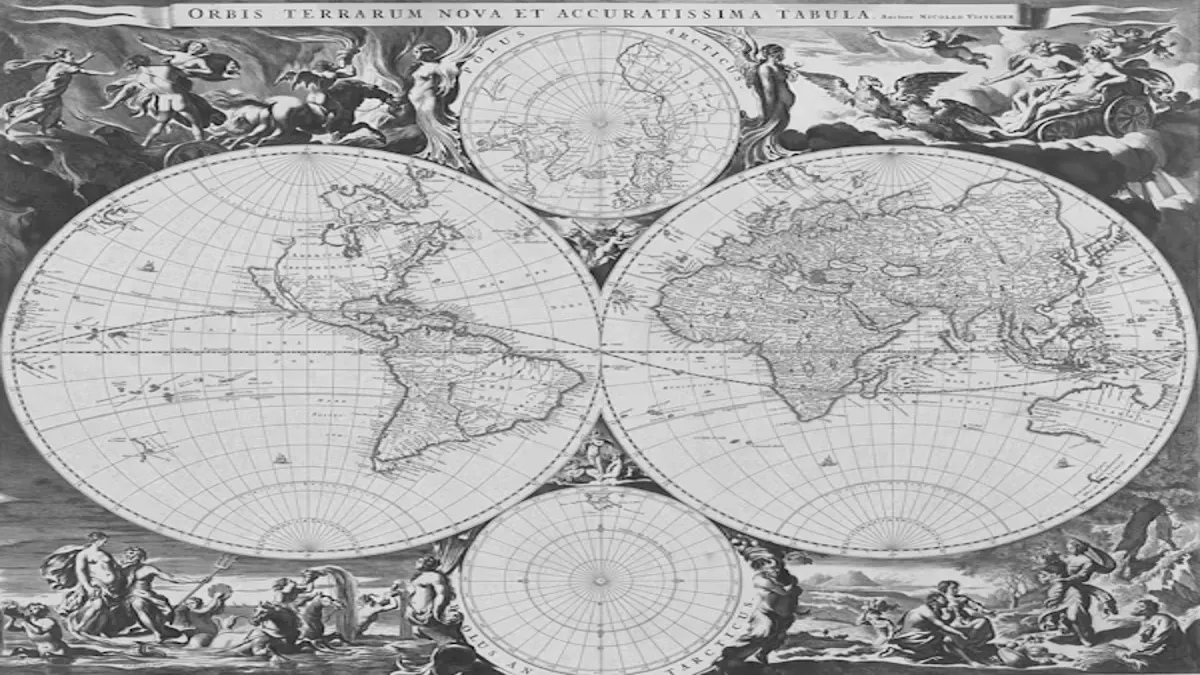Zeutern is a name that sparks curiosity, blending history, cultural memory, and modern identity in unique ways. When readers search for Zeutern, they often want clarity: Is it a place, a tradition, or an evolving community? The answer is that Zeutern represents all of these. It is both a historical settlement and a cultural framework that has adapted across centuries while preserving its roots. Within the first moments of learning about Zeutern, one realizes it is a story of resilience, adaptation, and continuity. Its history is shaped by agrarian life, its traditions echo in seasonal celebrations, and its modern face reflects sustainability and community-driven innovation. This guide explores Zeutern in detail—its past, its culture, its people, and the way it navigates contemporary challenges while holding on to its timeless identity.
Historical Background of Zeutern
Zeutern’s origins stretch back to ancient settlement patterns where communities settled near rivers and fertile soil. Its very name is believed to stem from old linguistic forms connecting water, land, and resilience. Farmers once cultivated wheat, barley, and rye here, while artisans shaped tools and ceramics that sustained everyday life. Over time, Zeutern transitioned from small farming hamlets into a more structured settlement, with local councils and shared community rules. The rhythms of planting and harvest defined the social calendar. Historians often note that Zeutern’s history mirrors the story of Europe’s rural transformation, where survival and creativity worked hand in hand. One cultural analyst observed, “Zeutern is a reminder that the smallest communities can teach us the largest lessons about endurance.”
Cultural Identity and Traditions
The cultural identity of Zeutern remains deeply tied to family, tradition, and seasonal rituals. Oral storytelling continues to play a role in preserving myths, legends, and practical wisdom. Local festivals celebrate not just the agricultural cycle but also the bonds between generations. Residents pass down crafts such as wood carving, weaving, and culinary practices as a way to maintain continuity. Younger generations increasingly blend these traditions with modern interpretations, adding music festivals, art showcases, and digital storytelling into the mix. A local elder once said, “Tradition here is like the roots of a tree: unseen but holding everything strong.”
The Role of Nature in Zeutern
Zeutern’s natural environment is more than just a backdrop—it shapes identity, activity, and sustainability. Rolling fields, forests, and rivers not only provide resources but also influence social habits. Hiking trails, cycling routes, and community gardens all connect residents to their environment. Environmental stewardship is taken seriously, with initiatives that protect wetlands and forest corridors. For many, nature is both livelihood and leisure. It is not uncommon for residents to describe their relationship with the land as symbiotic. A young farmer put it simply: “We take care of the land, and the land takes care of us.”
Daily Life and Community Structures
Life in Zeutern balances routine with communal responsibility. Families remain the core units of social activity, while neighbors cooperate on shared projects. Local councils maintain governance, but decisions often arise from consensus at community meetings. Schools and workshops offer formal education alongside apprenticeships, ensuring practical skills remain valued. Residents emphasize predictability and rhythm, describing their lives as organized but not rushed. A villager remarked, “Living here is like being part of a clock—everyone has their role, and together we keep time.”
Economy and Transformation
Economically, Zeutern has evolved from its agrarian base into a diversified structure. Traditional farming continues, but now it incorporates eco-friendly methods and organic certifications. Small family-owned shops sell crafts, local food, and handmade products. In recent years, digital workspaces and tourism have expanded opportunities. Entrepreneurs have introduced renewable energy projects and cultural tourism, positioning Zeutern as a blend of heritage and innovation. This evolution demonstrates adaptability, proving that small communities can thrive in globalized contexts without losing their local essence.
Education and Knowledge Sharing
Education in Zeutern takes both formal and informal forms. Schools ensure academic learning, while families, workshops, and guilds pass on cultural and practical knowledge. Crafts such as weaving, brewing, and farming are preserved through apprenticeships. Digital literacy is increasingly integrated into education, creating a hybrid system where technology supports tradition. For scholars, Zeutern provides a fascinating model of “intergenerational pedagogy.” This ensures younger generations do not lose connection with their cultural roots even as they embrace modern careers.
Festivals and Celebrations
Festivals remain the heartbeat of Zeutern. Seasonal fairs celebrate the harvest, spring planting, and winter renewal. Music, food, dance, and storytelling bring together the entire community. Traditional costumes and rituals continue, while modern performances and exhibitions are also part of the festivities. These celebrations strengthen identity and attract visitors from beyond the region. For many, festivals serve as the strongest expression of communal pride.
Zeutern in Modern Discourse
In contemporary times, Zeutern is often discussed as a model of sustainable living and cultural resilience. Urban researchers highlight its governance structures, while sociologists examine how its traditions persist in a globalized world. Environmentalists point to its sustainable practices as examples worth replicating. Zeutern thus transcends its geographical boundaries to become a subject of global relevance.
Practical Insights into Zeutern
For readers seeking actionable insights about Zeutern, several defining features stand out:
- Cultural continuity: Oral traditions and festivals maintain strong identity
- Sustainability: Eco-friendly farming and environmental stewardship
- Community spirit: Cooperation through family, councils, and volunteerism
- Modern adaptation: Integration of technology and new economic models
Table 1: Key Aspects of Zeutern Life
| Aspect | Description |
|---|---|
| History | Ancient roots in farming and settlement |
| Culture | Traditions, festivals, crafts, oral storytelling |
| Nature | Forests, rivers, community gardens, eco-preservation |
| Economy | Agriculture, tourism, renewable energy, small enterprises |
| Education | Schools, apprenticeships, intergenerational teaching |
| Modern Influence | Digital literacy, tourism, global discourse |
Quotes Reflecting Zeutern’s Spirit
- “Zeutern is a reminder that the smallest communities can teach us the largest lessons about endurance.”
- “Tradition here is like the roots of a tree: unseen but holding everything strong.”
- “We take care of the land, and the land takes care of us.”
- “Living here is like being part of a clock—everyone has their role, and together we keep time.”
Table 2: Traditional vs. Modern Zeutern
| Element | Traditional Emphasis | Modern Adaptation |
|---|---|---|
| Economy | Farming, crafts | Eco-agriculture, tourism, renewable energy |
| Education | Oral tradition, apprenticeships | Schools, hybrid digital learning |
| Celebrations | Seasonal fairs, rituals | Blended festivals with modern art |
| Governance | Family councils, communal decision-making | Structured councils, policy innovation |
| Lifestyle | Strong familial bonds | Global connections with local identity |
The Future of Zeutern
The future of Zeutern is defined by opportunities and challenges. Climate change, urban pressures, and cultural dilution are concerns, yet the community’s resilience suggests strength. Younger residents are innovating in green technology and cultural tourism, ensuring both prosperity and continuity. Zeutern’s ability to integrate modernity without losing its soul may serve as a model for communities worldwide.
Conclusion
Zeutern is more than a place; it is a story of history, tradition, and adaptation. Its balance of past and present, nature and modernity, makes it a living example of resilience. From its agrarian roots to its global relevance, Zeutern offers insights into how communities thrive through cooperation and memory. It is both a local treasure and a universal lesson in continuity.















